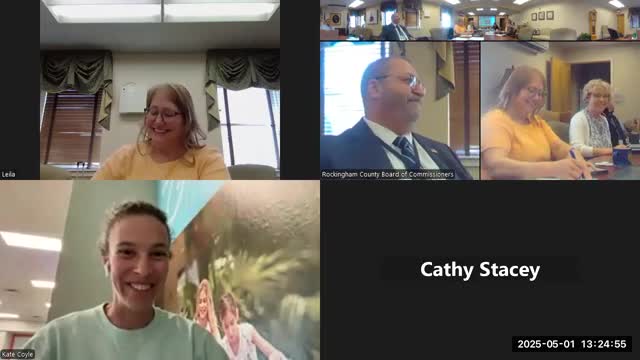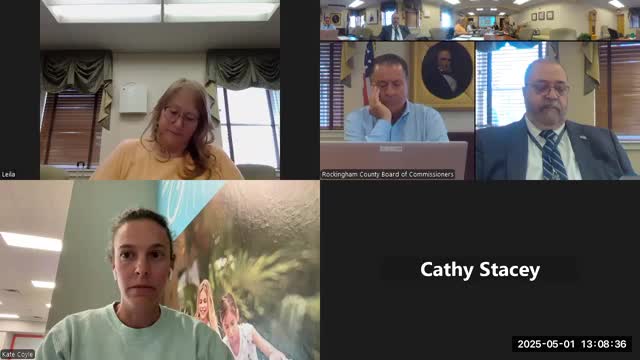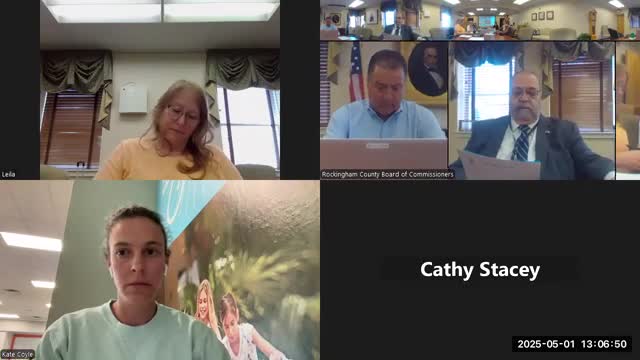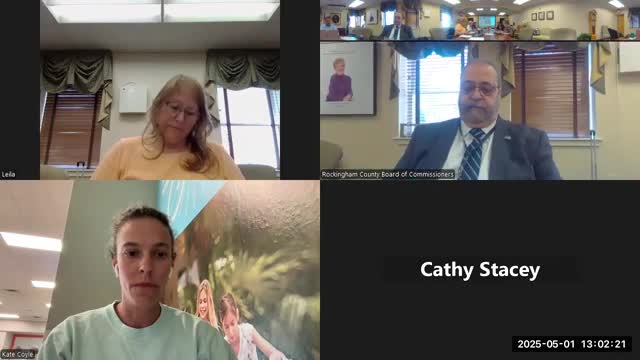Article not found
This article is no longer available. But don't worry—we've gathered other articles that discuss the same topic.

Facilities staff outline jail HVAC upgrades, new building permitting and upcoming solar activation

Long-term care leaders report census, transfers and seek arts grant for memory-care project

Commissioners approve $3.0 million accounts payable list and discuss long-term care funding uncertainty

